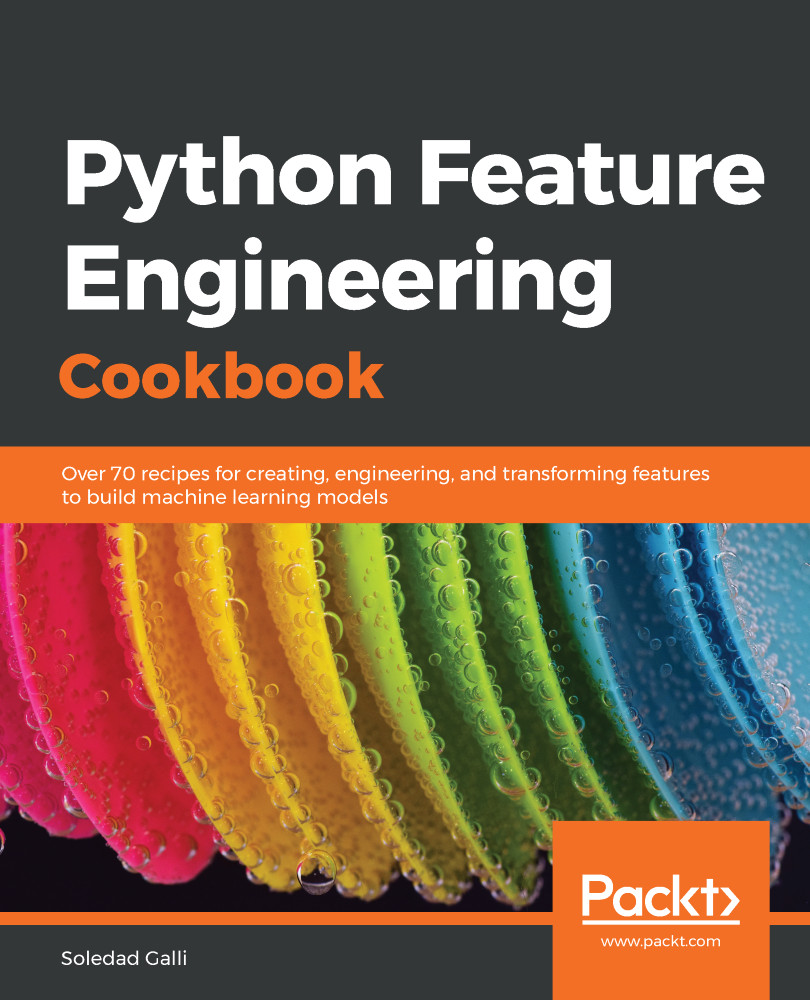Categorical variables are those values which are selected from a group of categories or labels. For example, the variable Gender with the values of male or female is categorical, and so is the variable marital status with the values of never married, married, divorced, or widowed. In some categorical variables, the labels have an intrinsic order, for example, in the variable Student's grade, the values of A, B, C, or Fail are ordered, A being the highest grade and Fail the lowest. These are called ordinal categorical variables. Variables in which the categories do not have an intrinsic order are called nominal categorical variables, such as the variable City, with the values of London, Manchester, Bristol, and so on.
The values of categorical variables are often encoded as strings. Scikit-learn, the open...


